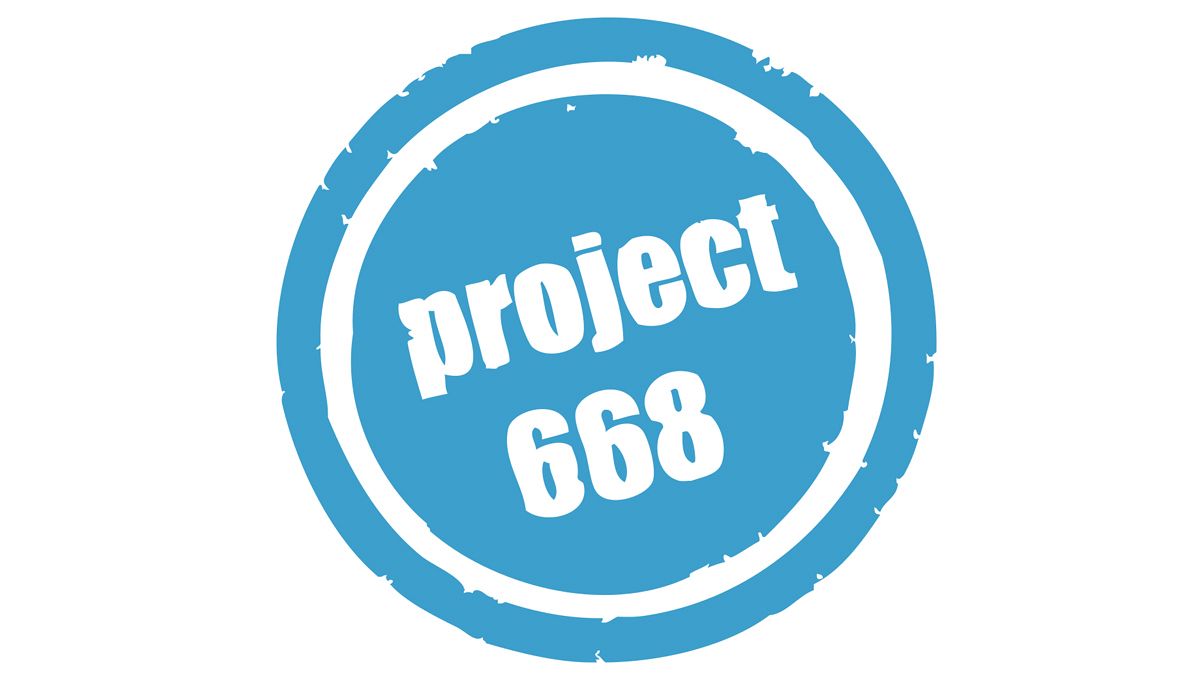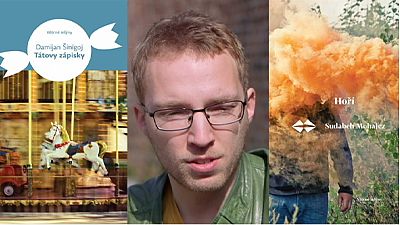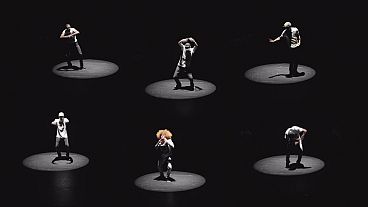 

We’ve all heard about the record high unemployment rates in Europe in recent years but how many of us can say that we are actually trying to do something to improve employment opportunities for our peers? Generation Y blogger Sasha Mitchell speaks to Lidija Globokar, General Manager of Project 668 to find out how one group of European trainees is trying to make an impact.
Sasha: Hello, Lidija. Please tell us a bit about yourself!
Lidija, Project 668: Hello Sasha, first of all thank you very much for this opportunity to present Project 668 to the readership of the Generation Y blog. My name is Lidija Globokar, I’m 26 years old and I currently work in an international communications consultancy in Frankfurt, Germany. Before I moved to Frankfurt I lived in Brussels where I did my Master’s and a Blue Book traineeship at the European Commission (EC). In my free time I’m the General manager of Project 668.
Sasha: What is Project 668 exactly?
Lidija, Project 668: We consider Project 668 to be professional development platform for current and former European Union (EU) trainees. Its aim is to help other trainees break into the job market, develop their professional skill set, and manage their career. There is a gap between EU trainees and the “Eurobubble job market” and Project 668 wants to close this gap. We do this mainly online by sharing vacancies and quality content on all the different aspects of professional development and job hunting.
“We learn from each other, creating a sense of solidarity and community”
Sharing also plays an important role for us because we believe that sharing is caring. That is why we also encourage our members to share vacancies and their experiences with us. Like that we learn from each other, creating a sense of solidarity and community. The team behind Project 668 consists of 10 people who are spread all over Europe and who all volunteer to make this happen.
Sasha: What made you want to start Project 668?
Lidija, Project 668: Project 668 was founded by a group of EC trainees. We started it during our traineeship and our motivation was our concern about the high rate of youth unemployment in Europe and the large number of people that we met during our traineeship who told us that they could not go back to their country because there were no jobs. All of them were very well educated, spoke at least 3 languages, had several Master’s degrees and had done traineeships. We therefore wanted to contribute to the fight against youth unemployment and founded Project 668. We created a database of EC trainees and approached companies, organisations and all sorts of consultancies with this database. After we expanded our target group to all EU trainees we focused on our social media channels because it was too difficult to handle the database for such a large amount of people.

Sasha: So are there financial benefits?
Lidija, Project 668: There are no financial benefits for us at all, which is quite challenging. We definitely need some financial resources to print proper promotional materials and pay for the registration of an association. Right now we have to cover all this with our own financial resources which is, of course, not very easy.
Sasha: Are there any examples of success since Project 668s launch?
Lidija, Project 668: We recently won a prize – Challenge Future “Europe Needs you for 4 JOB-Creation” – and we were also one of the finalists of the European Youth Charlemagne Prize. I also see it as a success that some people actually found a job thanks to Project 668 or found help on their way to a job. The fact that our communities on Facebook and LinkedIn are steadily growing, and that we are gaining more followers on Twitter, is also a success. For me personally the biggest success is that we keep on going, and we keep on going together. With “we” I mean the team behind Project 668. Since Project 668 was founded the team has changed partialy and we are spread out all over Europe. The fact that we succeed in working together on a voluntary basis and in our free time is something that I am really proud of and that I truly appreciate.
Sasha: What has the reaction been like so far?
Lidija, Project 668: We got some nice feedback when we conducted a survey among our members. They appreciated our content and the tips that we share. It is also nice to see that Project 668 is becoming more and more known among the trainees. We realise this when we participate in the JobFair or attend events where people approach us directly.
“Don’t get distracted by others’ opinions”
Sasha: What advice would you give to interns?
Lidija, Project 668: Find out what you want, set your goal and then start going there. You have to keep focused and don’t get distracted by others’ opinions. It is your life and only you have to understand your path because it’s yours and not theirs. Build a network of people who work in the field that you want to work or in the area that interests you. Ask them for advice or approach them with a specific topic that you are an expert in. Don’t be afraid to get in touch with people and talk to them because in the end we are all human beings and it is all about personal relationships. Or would you hire someone that you feel uncomfortable with?
Sasha: What are some of your current projects?
Lidija, Project 668: Well the new traineeship periods start soon so we definitely plan to connect with the new trainees. We also want to focus more on our offline activities and organise events together with our partners and supporters. Besides that we finally want to establish a proper association with a legal status.
Sasha: What are your ambitions over the next few years?
Lidija, Project 668: We would like to become a reference in our field and eventually create a business model so that we can run our own social enterprise. At the core of Project 668 we still have the “fight against youth unemployment” in our mind and we still believe that we can somehow contribute to improving it in the long run.



